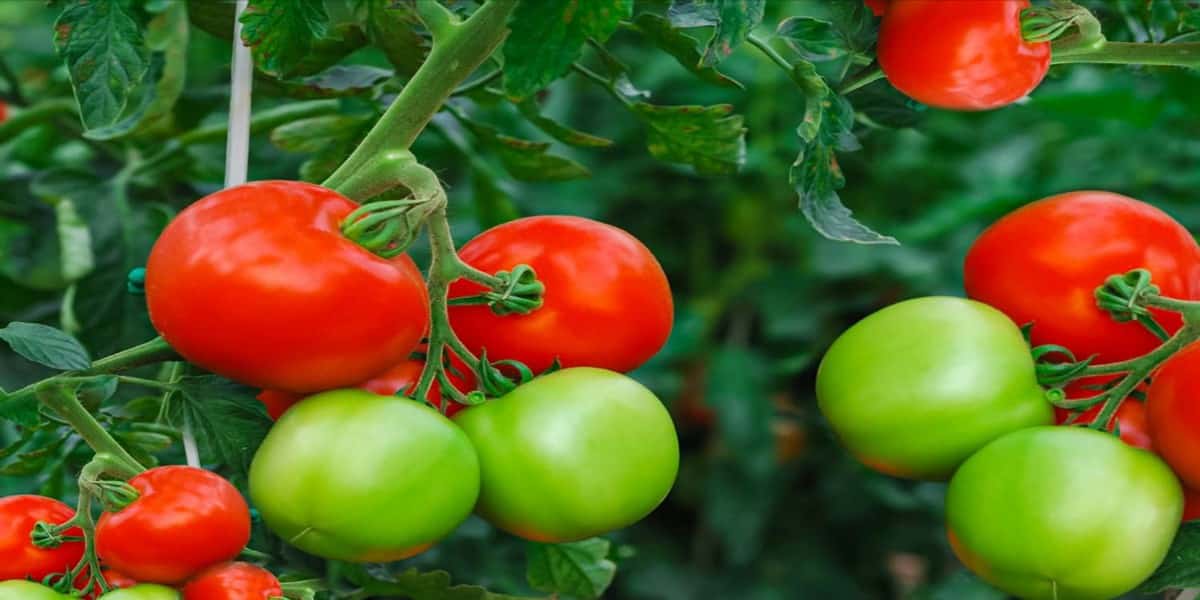Tomatoes: Fruit or Vegetable?
Doodlebrary
- Botanical Classification:
- Botanically, tomatoes are considered a fruit.
- They develop from the ovary of a flower and contain seeds, which is the defining trait of fruits in botanical terms.
- Similar to other fruits like apples, berries, and cucumbers, tomatoes are seed-bearing structures that result from flowering plants.
- In cooking, tomatoes are often treated as vegetables due to their savory flavor.
- They are commonly used in savory dishes such as salads, sauces, soups, and casseroles.
- The culinary distinction between fruits and vegetables is based on flavor: fruits are generally sweet or tart, while vegetables tend to have a savory or earthy flavor.
- Tomatoes are rich in vitamins A and C, potassium, and antioxidants like lycopene.
- Their nutritional profile makes them a healthy choice, whether considered a fruit or a vegetable.
- Lycopene, in particular, is linked to various health benefits, including reduced risk of heart disease and cancer.
- The U.S. Supreme Court Decision:
- The debate over whether tomatoes are fruits or vegetables even went to the U.S. Supreme Court in 1893.
- In the case of Nix v. Hedden, the Court ruled that tomatoes should be classified as vegetables for tariff purposes.
- This ruling was based on their common use in savory dishes rather than botanical classification.
- Legal vs. Botanical Definition:
- While botanically a fruit, tomatoes are legally and culinarily treated as vegetables.
- The Supreme Court decision emphasized the difference between practical use and scientific classification.
- Other Examples of “Fruit-Vegetables”:
- Tomatoes aren’t alone in this category; other fruits commonly regarded as vegetables include cucumbers, bell peppers, squash, and zucchini.
- These plants also meet the botanical definition of fruit but are used as vegetables in cooking.
- The confusion stems from the dual way of classifying plants: one based on botany (science) and the other based on culinary traditions (cooking).
- The flavor profile and the role the plant plays in a meal often dictate how we refer to it in everyday language.
- Whether you call it a fruit or a vegetable, the versatility of tomatoes in cooking is undeniable.
- They can be eaten raw in salads, cooked into sauces, or even blended into juices.
- Botanically, tomatoes are fruits. In everyday use, they are often considered vegetables.
- No matter how you classify them, tomatoes are a nutritious and delicious addition to various dishes around the world.
